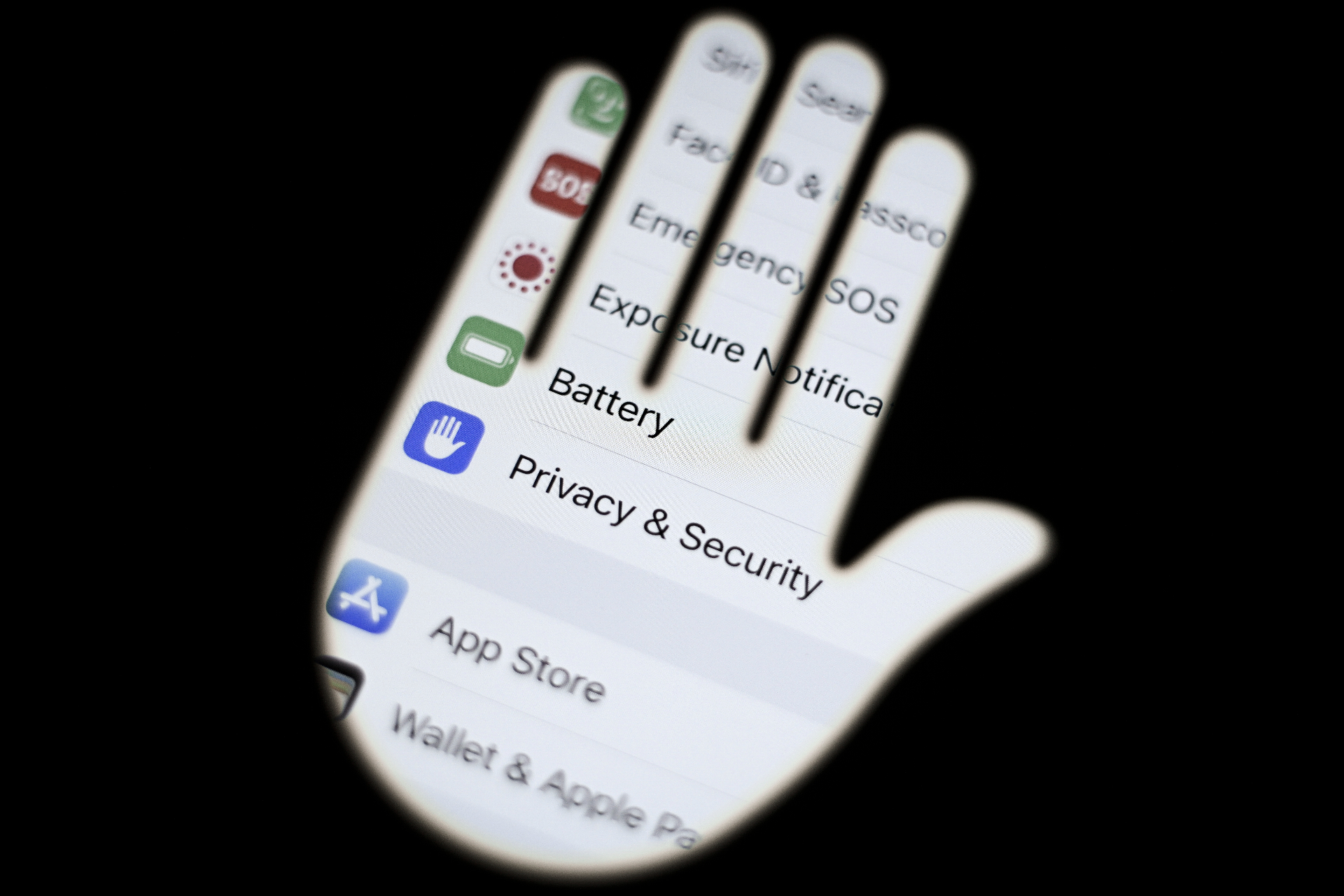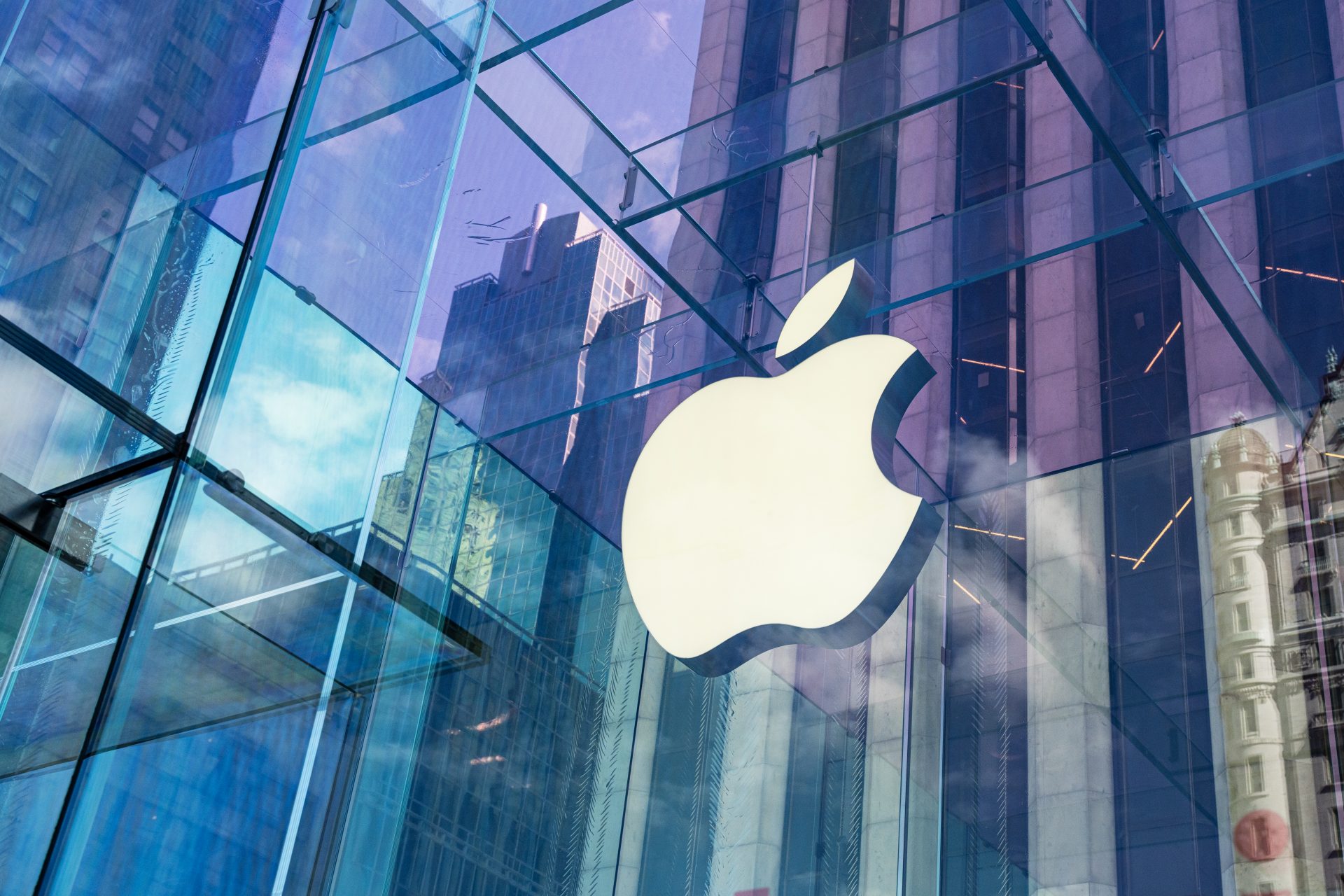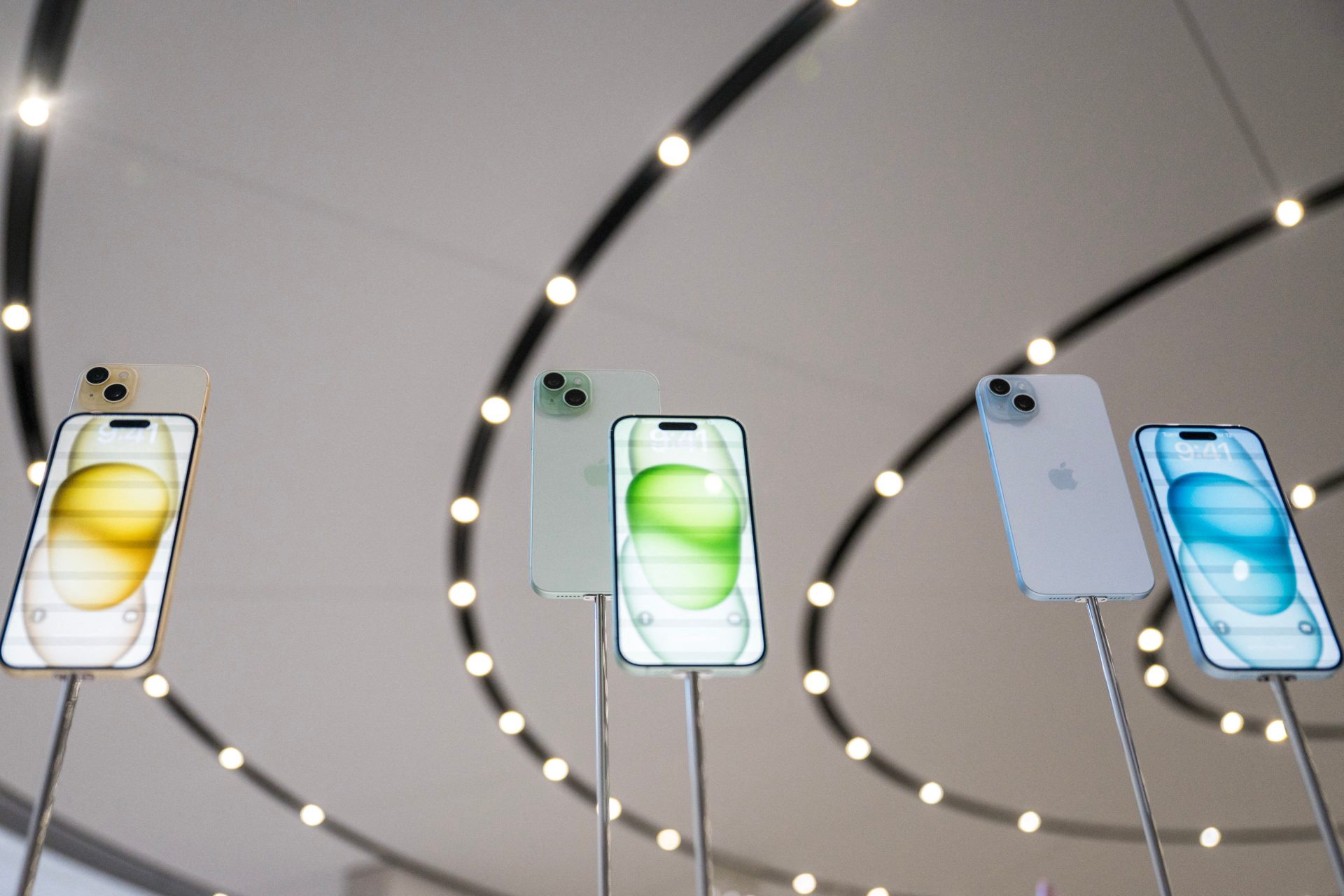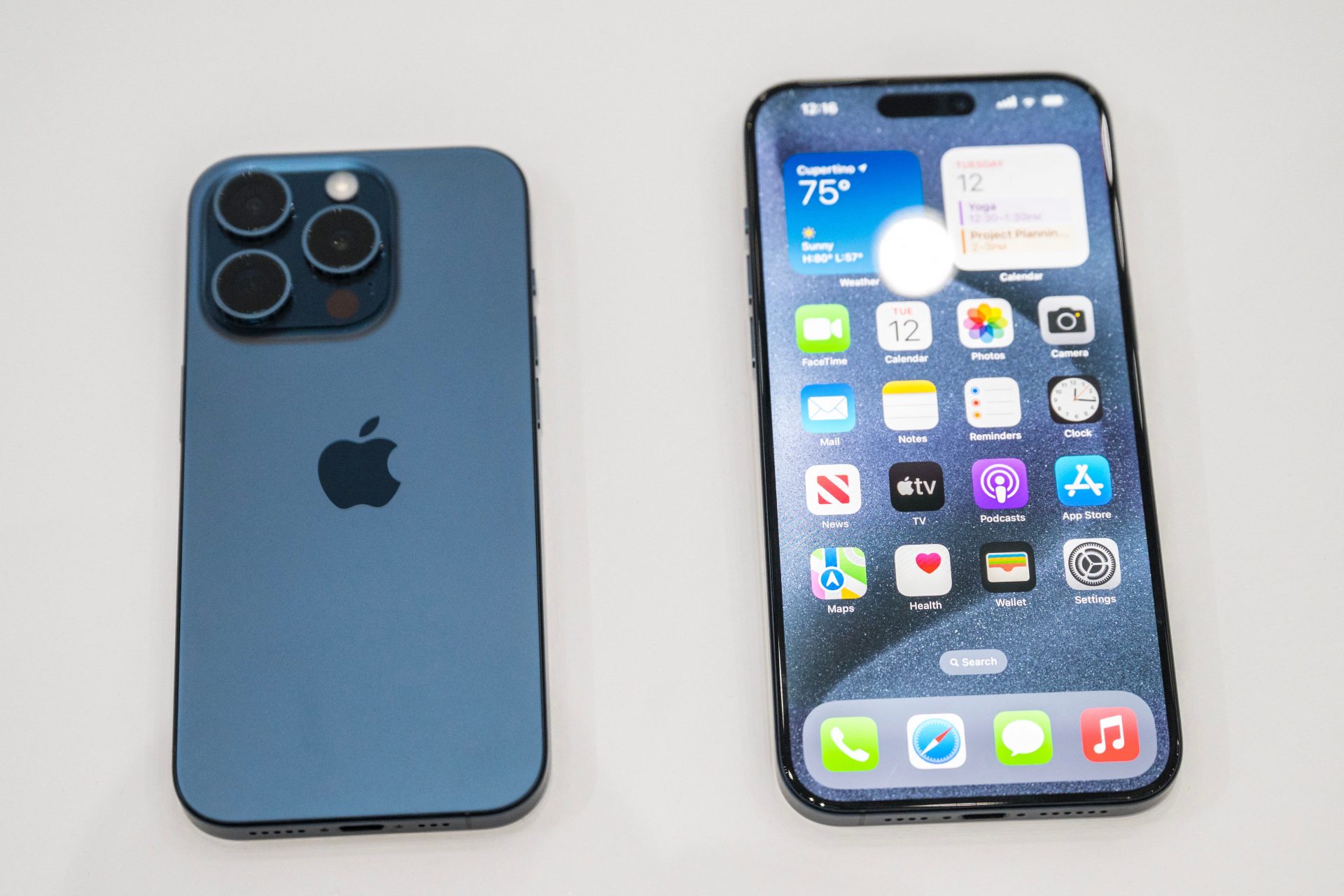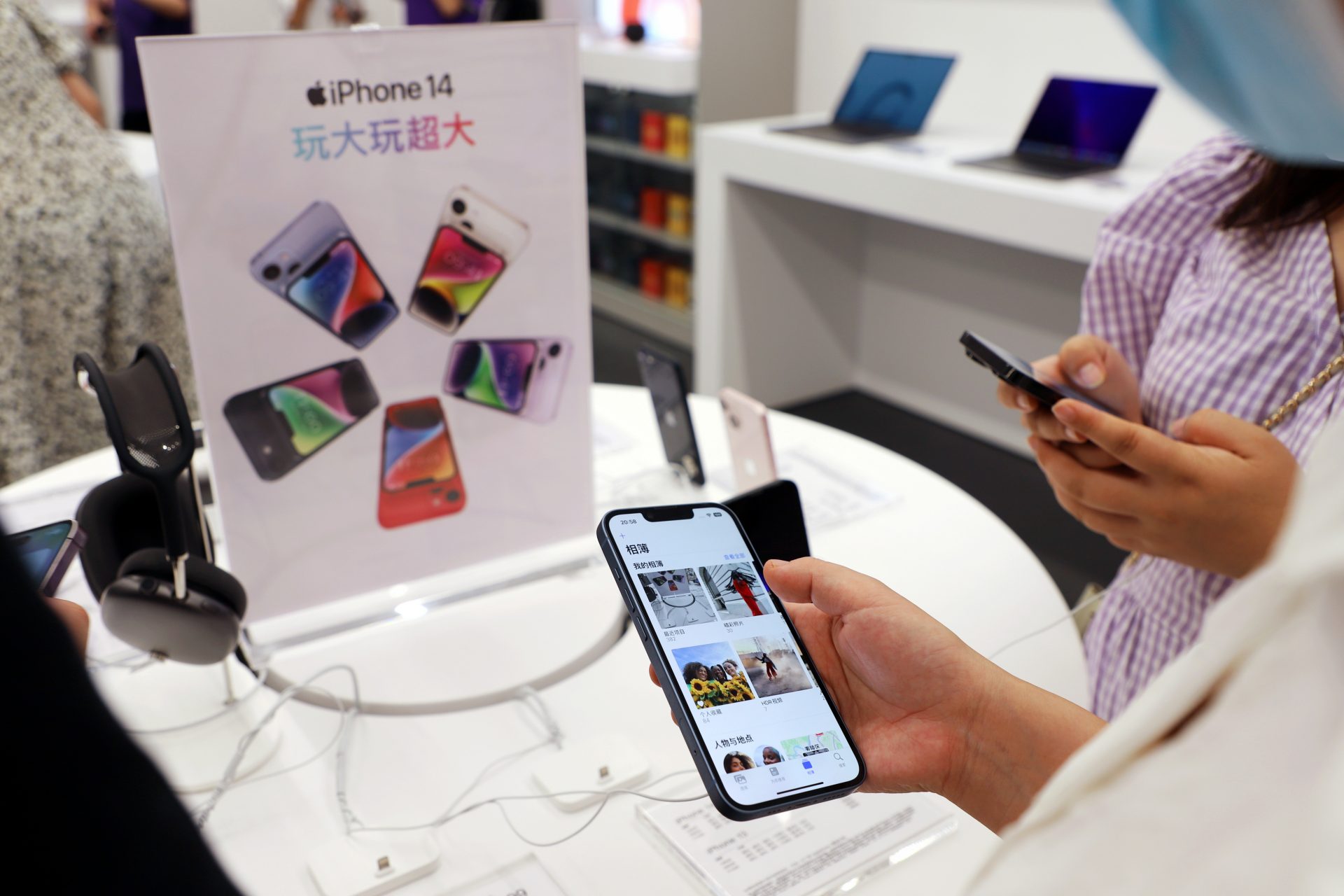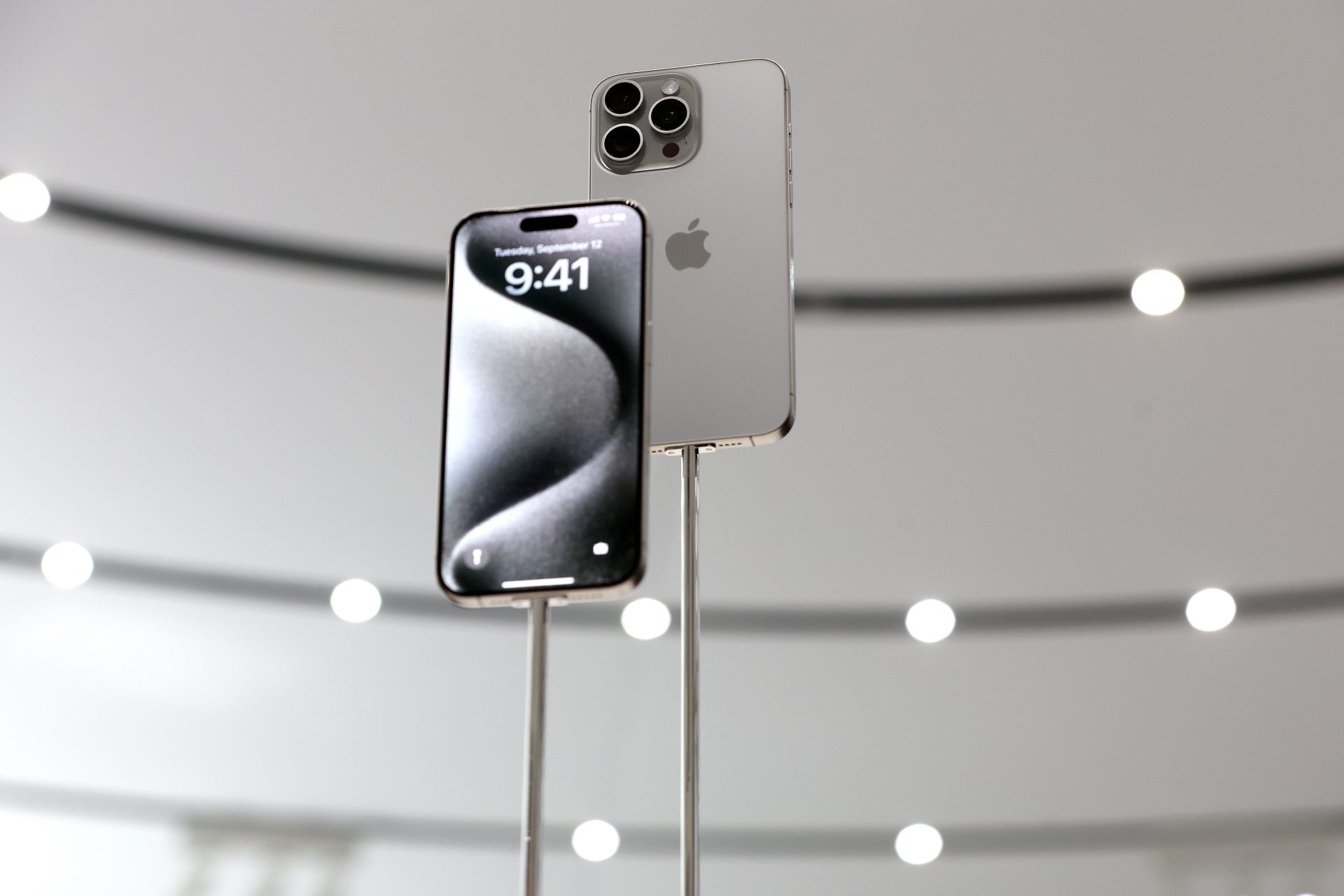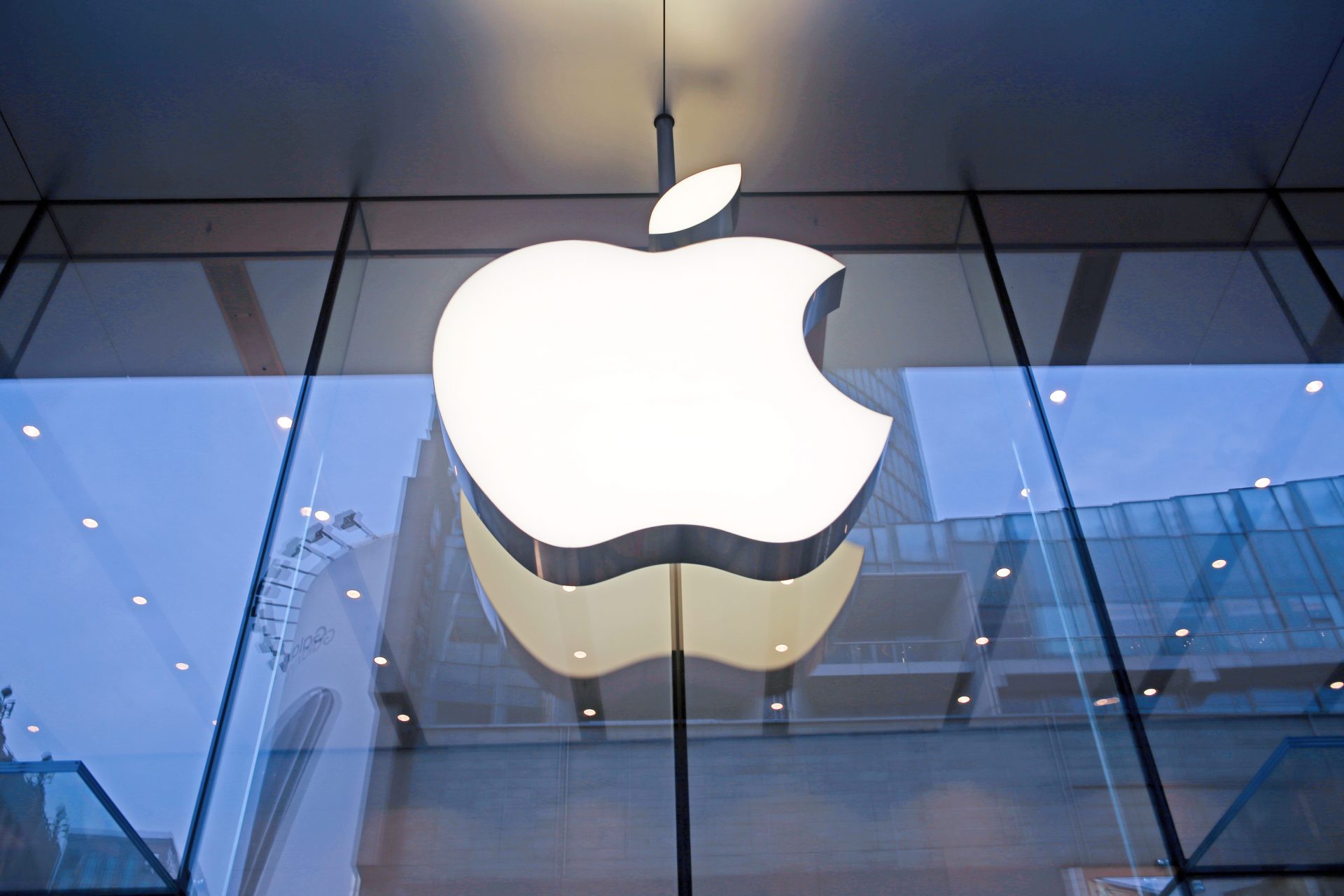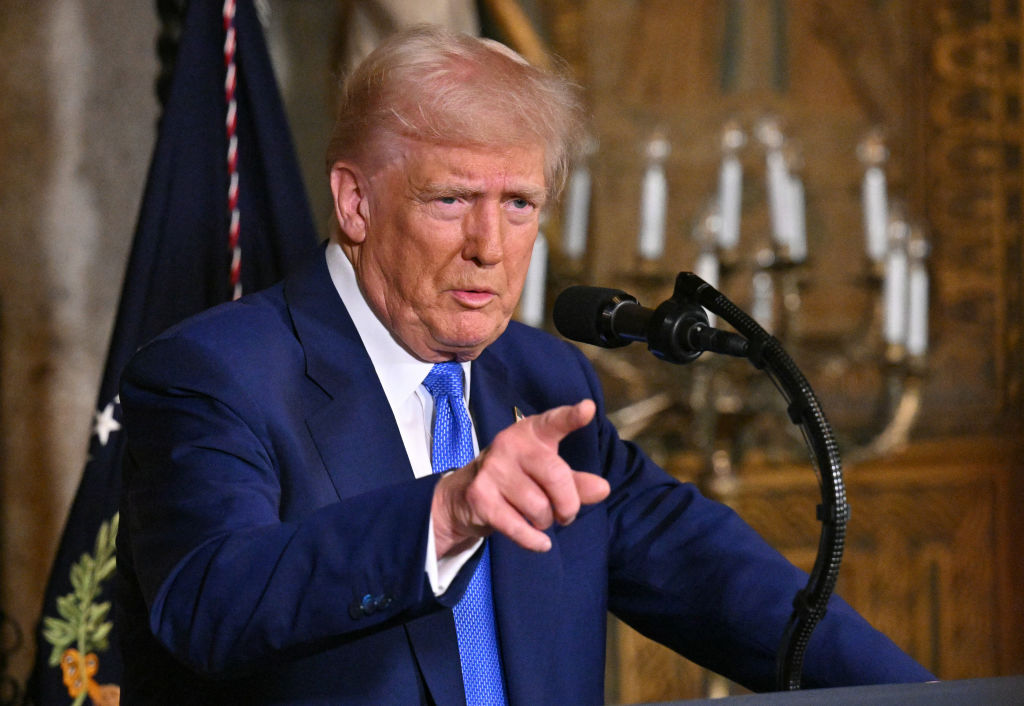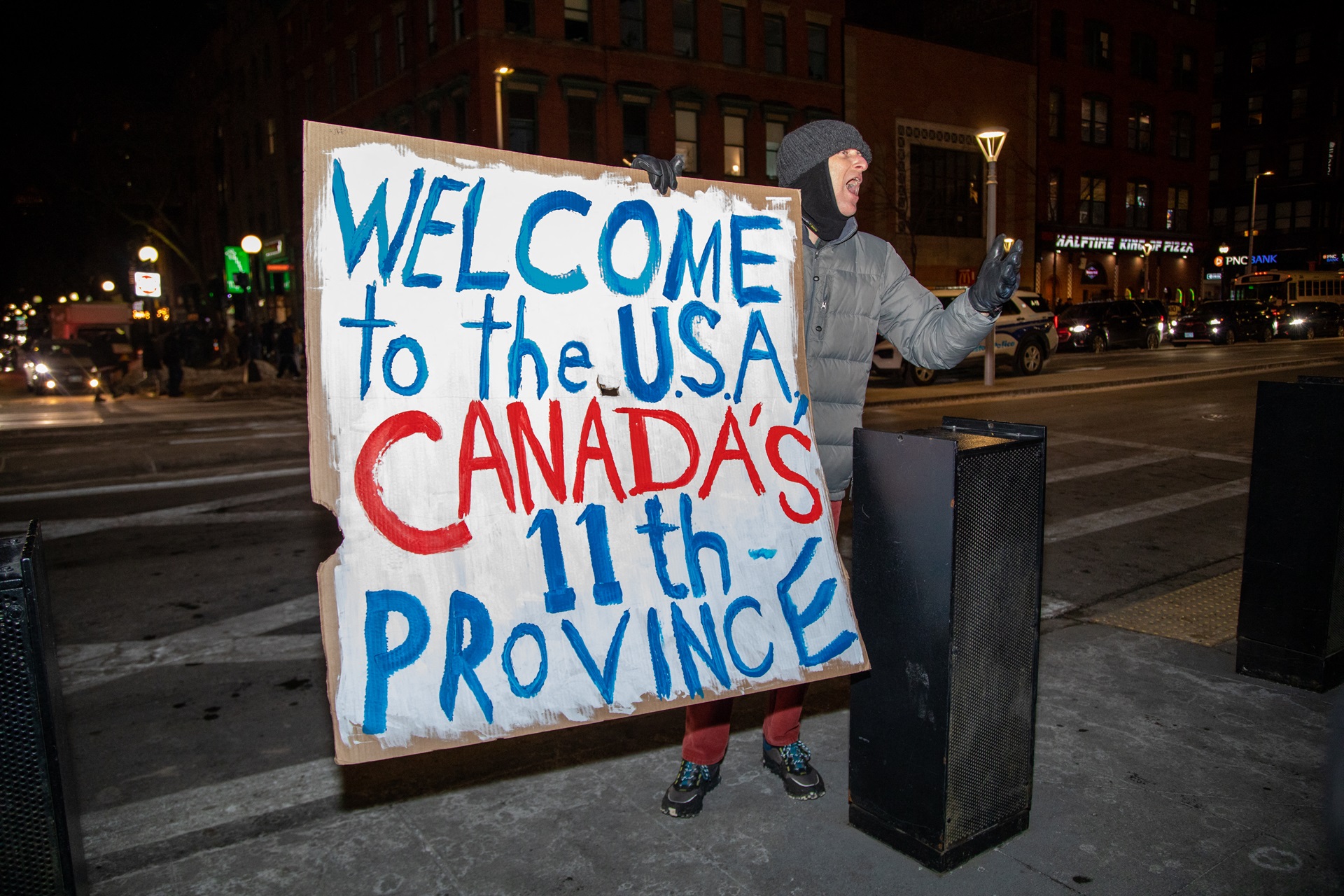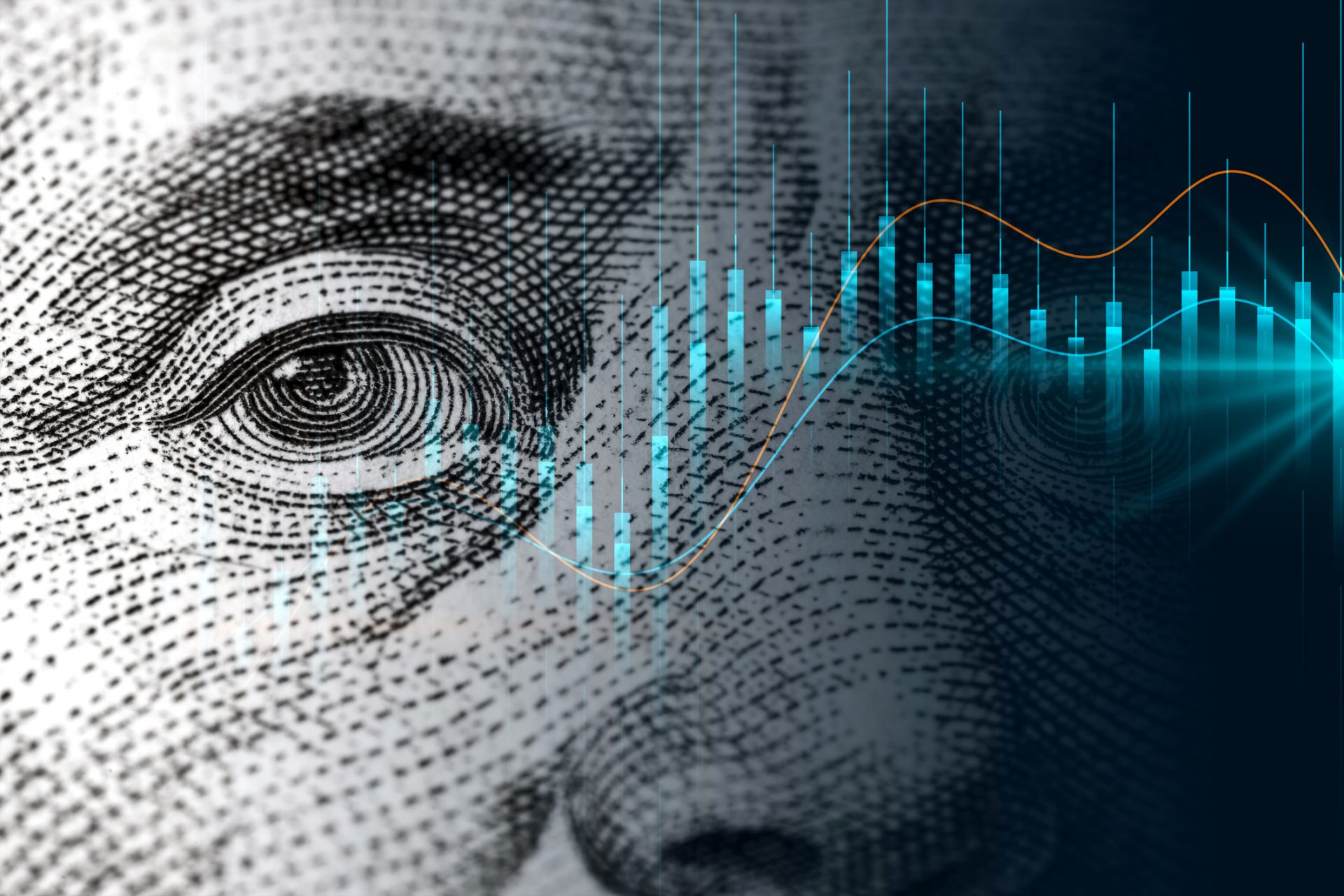Will Apple's legal problems affect your iPhone's security?
Apple has warned that a Department of Justice lawsuit could, if successful, reduce the security and privacy of its iPhone users, an article in The Verge explains.
US regulators filed an antitrust lawsuit against Apple, arguing that it prevents others from competing in the app store. For example, the Apple Wallet is the only payment service that can access the iPhone's NFT chip.
The DOJ also responded to Apple's argument, saying the company hides behind security and privacy as an excuse for its anticompetitive practices.
Still, according to The Verge, independent experts have partially sided with Apple. Opening the app store, some said, could easily lead to users downloading malware apps.
The DOJ's lawsuit is not the first one Apple has faced in the US. Epic Games filed another one, arguing Apple only allows developers to use Apple Pay on the iPhone, with a 30% commission.
The judge sided with Apple and said the company was not breaking antitrust laws, but the resolution also called for the company to allow other payment services.
The judge sided with Apple mainly because it argued for security and privacy. The company said it only allowed Apple Pay for safety.
Apple decided to lower its commission to 27% but did not allow other payment methods. The New York Times said Epic Games filed a non-compliance motion with the support of Meta and Microsoft.
Apple faces similar battles worldwide, and the response has been the same. In South Korea, it reduced commissions to 26% after regulators complained about the payment issue. It might still receive a millionaire fine.
The New York Times reports that the same happened in the Netherlands. Apple reduced its commission to 27%, but regulators believe it is non-complacent and has threatened it with fines.
Last year, the European Union fined Apple $1.95 billion for antitrust violations. Regulators said the company was abusing its market position in the music streaming sector.
According to NBC, EU regulators complained about how Apple prevented other companies, like Spotify, from directly addressing iOS users about cheaper music streaming services.
The fine came months after Apple announced a change in the iPhone that was also motivated by European regulations. These regulations allow users to buy any USB-C cable instead of the Apple-exclusive lightning charger.
According to The New York Times, Apple also has problems in China, where the government banned the iPhone in public institutions due to "security flaws."
The newspaper said that regulators in Japan, Australia, and Britain were also considering fines or lawsuits against Apple for its tight grip on payments.
Still, it might be impossible to know how the DOJ lawsuit, or the other battles Apple faces worldwide, will affect the iPhone in the near future. According to The Verge, this issue can last years.
More for you
Top Stories



